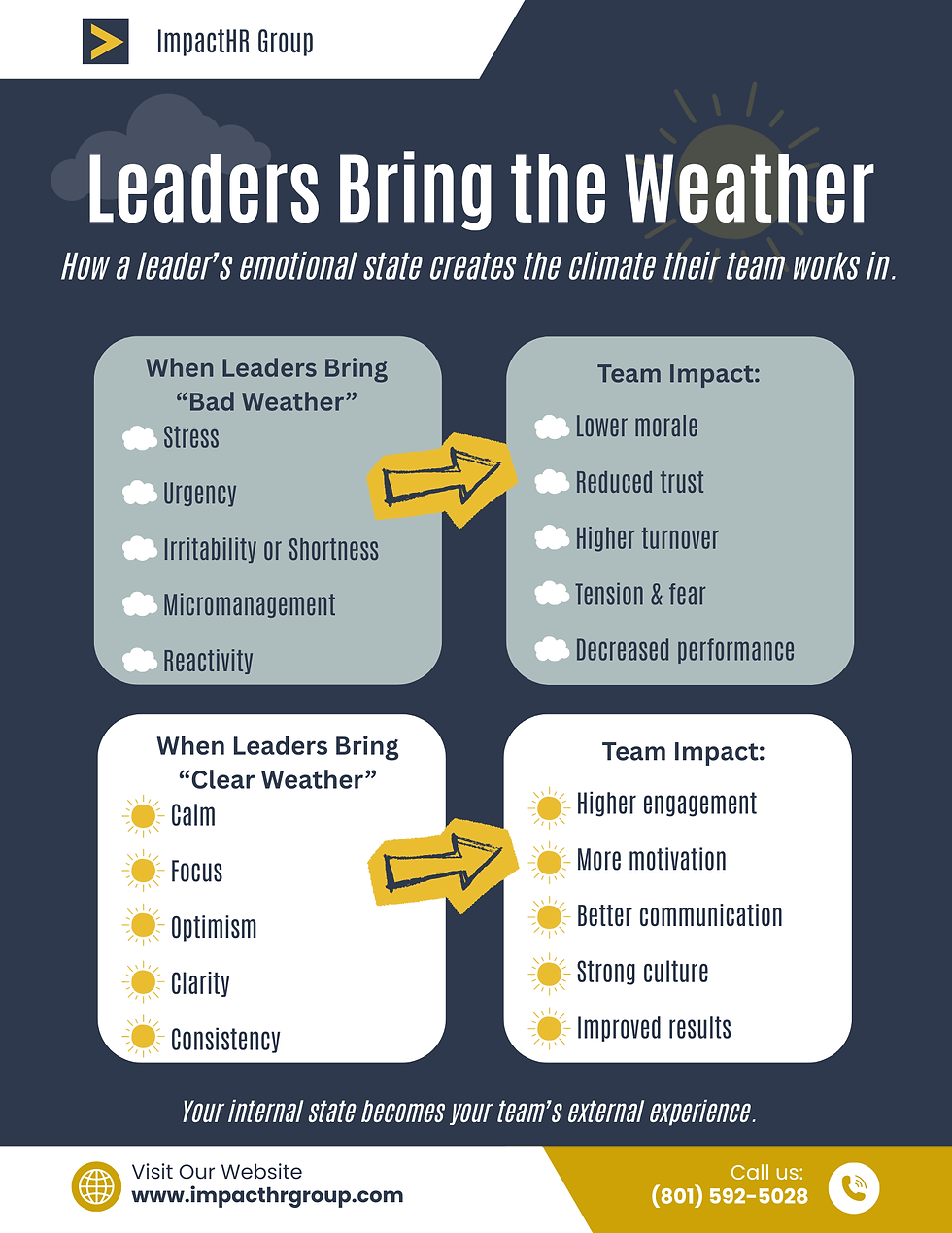Inclusion Means Everyone: What the SCOTUS Ames Decision Means for Employers
- Justine Risenhoover

- Jun 16, 2025
- 2 min read
by Justine Risenhoover | June 2025
In a landmark 2025 ruling, the U.S. Supreme Court clarified what many HR professionals have long known: workplace discrimination protections apply equally—no matter who you are. In Ames v. Ohio Department of Youth Services, the Court eliminated the need for majority-group employees (e.g., white, male, straight) to provide “background circumstances” to prove bias.
This decision doesn’t undo progress—it sharpens the focus: true inclusion must cover everyone.
🏛️ What Changed?
Prior to this case, six federal circuits required majority-group plaintiffs to prove an extra layer of evidence to bring forward discrimination claims. That’s now gone.
As the Court emphasized, Title VII of the Civil Rights Act “makes it unlawful to discriminate against any individual”—not just those from historically underrepresented groups.
⚠️ Why It Matters
This ruling levels the playing field in court—and raises the stakes for employers. If your policies or workplace culture create even the perception of unequal treatment, you may be at risk for litigation, regardless of who the employee is.
It’s no longer enough to focus on diversity. Employers must double down on inclusive, balanced, and fair practices across the board.
✅ 5 Actionable Steps Employers Should Take Now
Reevaluate DEI InitiativesI
Inclusion shouldn’t mean exclusion. Ensure your efforts don’t unintentionally favor one group over another.
Update Training Programs
Refresh harassment and bias trainings to reflect this shift. Make sure majority-group protections are clearly acknowledged.
Document Equal Policy Application
Use consistent, objective criteria for hiring, promotion, and discipline—and document them thoroughly.
Reinforce Policy Equality
Apply policies equally regardless of race, gender, or orientation. Fairness must be systemic.
Treat All Complaints Seriously
Investigate every complaint thoroughly, regardless of who brings it forward. Retaliation-free reporting should be a guarantee, not a privilege.
💬 The Big Takeaway
This isn’t just a slogan—it’s a compliance imperative. True inclusion goes beyond checkboxes and quotas. It means fairness, accountability, and consistency for every employee, every time.
At ImpactHR, we help companies stay ahead of the curve—not just legally, but culturally. If you’re unsure whether your current practices reflect this new legal landscape, we’re here to guide you.
Let’s build a workplace where everyone belongs—and no one is overlooked.
📞 (801) 592-5028 ✉️ impact@impacthrgroup.com 🌐 www.impacthrgroup.com




Comments